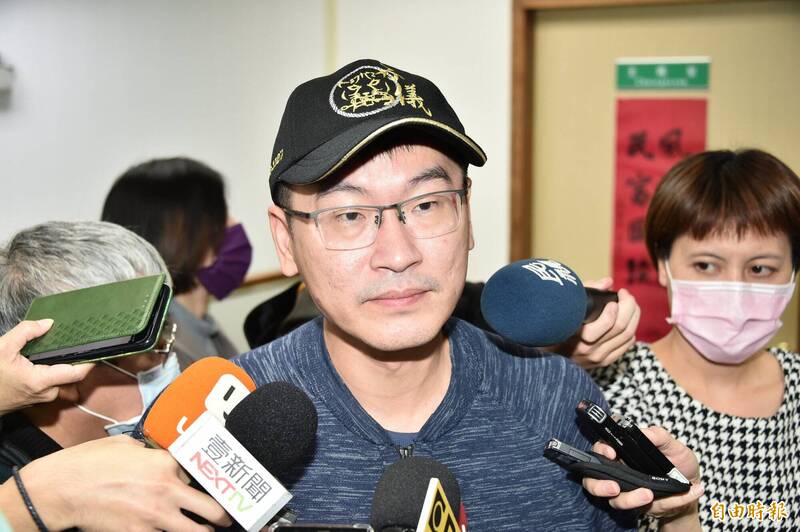Liang Wenjie pointed out that there are two main reasons for the disastrous defeat of the DPP and the fact that young people do not vote for the DPP, namely the epidemic and military service.
(file photo)
[Instant News/Comprehensive Report] Taipei City Councilor Liang Wenjie was defeated in the nine-in-one general election. In the early hours of this morning, he posted on Facebook that he thanked all friends for their reluctance to him, but he wanted to say something. There are two main reasons for the disastrous defeat of the party and the fact that young people do not vote for the DPP, namely the epidemic and military service.
Liang Wenjie believes that the epidemic and military service issues have prevented young people from voting for the DPP, and this phenomenon is a nationwide phenomenon regardless of county or city.
Liang Wenjie said that although the epidemic has been handled well and is among the best in the world in terms of statistics, some emotions cannot be dealt with. For example, many people lost their jobs when the epidemic was severe. It doesn't matter how nice it is.
Please read on...
Liang Wenjie also gave an example. When there was a shortage of vaccines, the elderly were allowed to get the vaccine first, and the young people were the last to get it. This also made many young people think, "Why can't people who have to go to work to earn money get the vaccine, but the retired people at home have to be special by the government?" take care of".
Liang Wenjie believes that these emotions cannot be resolved by explanation, and the Kuomintang and the People's Party are using these emotions.
In addition, Liang Wenjie mentioned that after Russia invaded Ukraine, there was a feeling of fear brewing in Taiwan. Seeing the tragic situation in Ukraine, followed by the CCP’s military exercises against Taiwan, and Xi Jinping’s monopoly of power, he felt that the CCP’s use of force against Taiwan seemed imminent. The extension of military service has caused many people to change their positions, especially the young people who are most likely to go to the battlefield and their parents and elders. As a result, the worry of "voting for the DPP, youth going to the battlefield" began to ferment.
Liang Wenjie pointed out that the epidemic will pass, and these experiences will be forgotten when the country's doors are opened and masks are no longer worn.
But cross-strait tensions will be the norm. As long as Xi Jinping is still around, it will be the theme of next year's presidential election.
Liang Wenjie also emphasized at the end: "What I said may not be correct, but find out the reason and don't take the opportunity to engage in internal fighting. This is what the people of Taiwan want to see."
